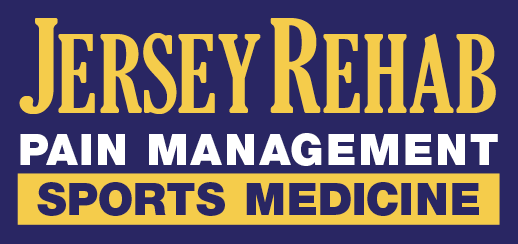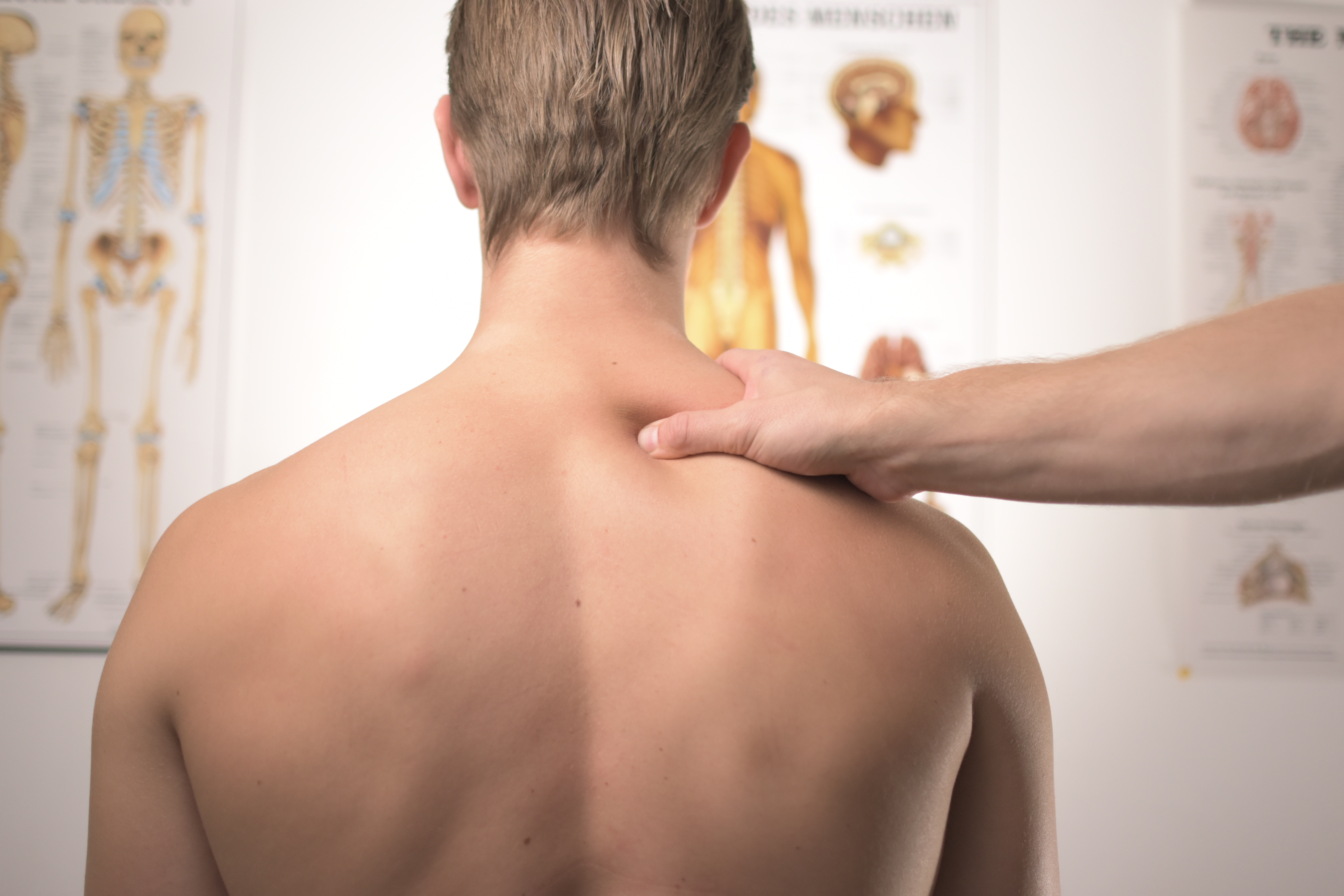Neck Pain: The Causes & Treatment Plans
Neck pain is a common complaint. It can be painful and debilitating, but it’s typically not a sign of something serious. If your neck pain is accompanied by numbness, a loss of strength in the hands and arms or shooting pains in your shoulders and arms, seek immediate medical attention. Otherwise, you can begin treating the neck pain at home and see your doctor if the pain persists.
Let’s explore the most common reasons why neck pain occurs and the treatment plans that can help.
Common Causes of Neck Pain
There’s a good reason why the neck is vulnerable to injury – it supports the weight of your head! Anytime you turn your head, you’re using your neck. Even when you’re resting, your neck is busy keeping the skull and jaw pulled toward the spine and shoulders.
Knowing how much you use your neck and how many opportunities there are to pull a muscle, here are some frequent causes of neck pain.
- Muscle strains. Muscle strains generally occur from overused muscles. For example, spending too much time hunched over your computer can cause a strain.
- Pinched nerve. Things like herniated discs and bone spurs can press on the nerves in your neck and create pain.
- Worn joints. The joints wear down with age and conditions like osteoarthritis. With this condition, cartilage between the bones deteriorate, and the body creates bone spurs in response.
- Injuries. Injuries that occur from car accidents or sports can lead to neck pain. For example, whiplash is when the head is jerked backward and forward in an accident.
- Health conditions. Certain health conditions can cause neck pain, including meningitis and rheumatoid arthritis.
What Treatment Plans are Available?
Even though most cases of neck pain can be addressed at home, it’s important to get a proper diagnosis from your doctor. Not only can your doctor rule out something serious, but he or she can also recommend the appropriate treatment for the chronic pain.
- At home remedies. As long as your neck pain is nothing serious, you can follow an at-home regimen that includes stretching the neck muscles, applying heat or ice, taking over-the-counter pain medication and sleeping with a neck pillow.
- Physical therapy. If the pain doesn’t get better, you may need physical therapy. The goal of physical therapy is to teach proper posture, alignment and stretching exercises. Your physical therapist may also use heat, ice or electrical stimulation.
- Transcutaneous electrical nerve stimulation (TENS). TENS involves placing electrodes on the skin near painful areas. Small electrical impulses are delivered to these areas to relieve pain.
- Alternative therapies. Massage therapy, acupuncture or chiropractic care have all been shown to relieve pain.
- Short-term immobilization. Some people benefit from wearing a soft collar that supports the neck and takes pressure off the muscles.
- Traction. Traction uses weights or pulleys to gently stretch the neck muscles. It requires supervision but can be effective at treating nerve-related pain.
- Steroid injections. Some doctors may suggest steroid injections to reduce inflammation and manage pain. Numbing medications may also be used through injection.
- Surgery. As a last measure, surgery may be needed. Usually, surgery is only recommend for relieving nerve root or spinal cord compression.
If you’ve been experiencing frequent bouts of neck pain, contact Jersey Rehab and Pain Management for a thorough diagnosis and treatment plan. Together, we’ll get you feeling better!

